Hi, I’m Dr. Karyn! Read my introduction to learn more about me and meet my five hilarious cats: Clutch, Cyril, Alex, Zelda, and Zazzles.
“Every day’s a school day”
This is something that seems to be more true the older I get. When I first graduated from vet school, I was petrified. Yesterday I was a student, today I am expected to be able to diagnose, treat, and operate on any creature that walks (or is carried) through the door. In reality, most newly graduated vets are allowed to paddle in the shallows for the first few months, but I know plenty that were thrown headfirst into the deep end, their bosses delighted to be able to hand over their night duties to their wide-eyed new employee.
After a few years, I was feeling more confident – perhaps too confident – acquiring the swagger of an experienced vet who’s seen it all, which of course, I hadn’t. Don’t get me wrong, I wasn’t some pompous, cocky clinician, but I did reach a point in my career where I felt like I could handle pretty much everything that came into the veterinary hospital; specialist cases being the exception.
In more recent years, I have reached a point where I feel comfortable enough in my experience to accept that I can’t possibly ‘know it all’, and there is always more to learn.
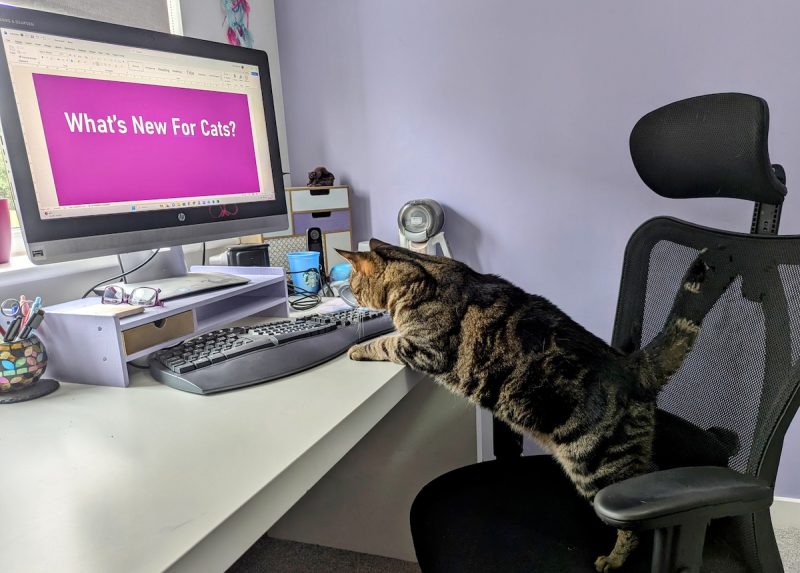
Corporate Control
Interestingly, it has only been since I started stepping back from clinical practice and into a role where I am providing information to a wider audience on a huge range of topics, that I have come to realize how much my patient diagnostics, treatment, and management options were guided or influenced from afar by the corporate giants that control a vast majority of the pet care industry. And this influence started back in vet school.
While I don’t feel that this has resulted in poor outcomes or suboptimal patient care, I have become more aware of how large companies have started to subtly steer the direction of certain aspects of veterinary care.
Lectures, training courses, and scientific studies sponsored by the companies that sell pet food, pharmaceuticals, and diagnostic tests, are common features of both veterinary education and practice, and it’s hard to believe that there was a complete lack of bias in the information they provided.
Does this product/drug/food/test/equipment give excellent results?
- Yes!
Are there other products/drugs/foods/tests/equipment that provide the same or better results?
- Maybe, but we didn’t test those. We only included products in our study that we knew we could outperform.
I wasn’t exactly being misled, just…led.
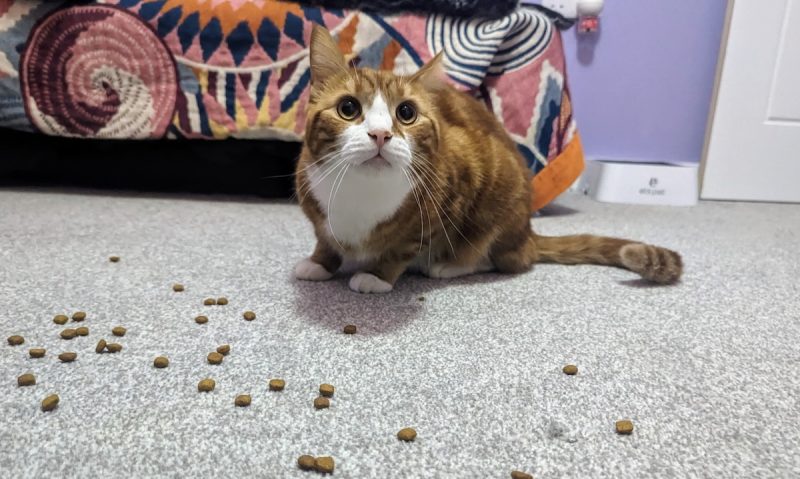
My Changing Views on Food
By far, the aspect of cat care that I have changed my opinion on the most, is food. Although the basics of feline nutrition are relatively unchanged, I have come to realize that I had allowed most of my nutritional decision-making to be steered by pet food companies.
For virtually every life stage, breed, size, weight, coat type, and health condition, there is a veterinary-approved cat food that’s been specifically designed for it. Don’t get me wrong, these are high-quality foods, they’re just not necessarily the best and only option out there.
Though I am loath to use the term ‘brainwashed’, I can’t help feeling like my dietary decisions had been dictated to me from on high, and heaven forbid I should entertain the idea of a *gasp* raw food diet.
For almost a decade, my cats were fed exclusively on a Royal Canin dry food for indoor cats prone to hairballs – a premium food by all accounts. My cats are healthy, their litter boxes smell about as good as a litter box can, and I had no reason to consider any alternatives. But now I am realizing that there are better, more natural ways to more than meet their needs, if I just remove the blinders I have been wearing since our vet school welcome day BBQ sponsored by Hills Pet Food.
Although I am still wary of the potential health risks of raw feeding, I can absolutely appreciate how our cats can benefit from a diet consisting of whole, unadulterated animal ingredients. When stored correctly, and formulated to meet nutritional requirements, there are some major benefits to raw feeding. And if raw isn’t your thing, fresh-frozen diets, that combine the benefits of raw food, the safety of gentle cooking, and the confidence of feeding a balanced diet, are a great, albeit pricey, option. Of course, the cynic in me suspects that it’s only a matter of time before these independent companies are engulfed by super-conglomerates like Mars, who already control a huge portion of the pet food industry.
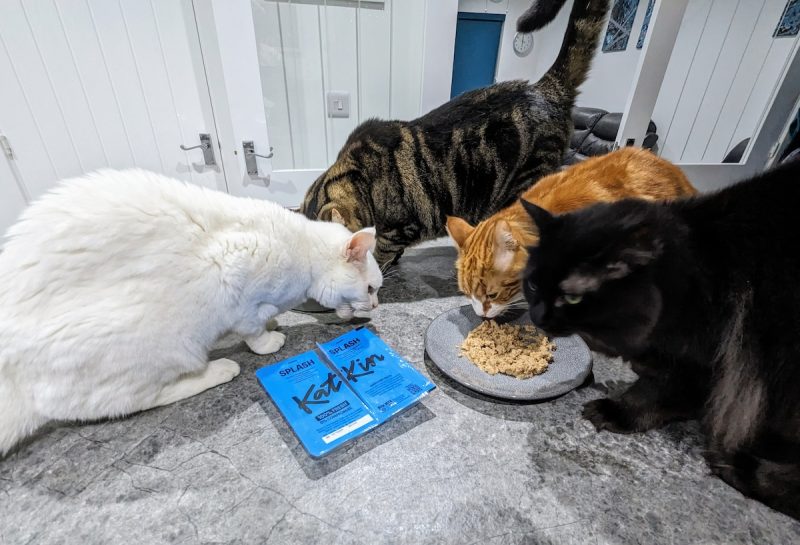
Alternative Treatments
Holistic therapy and Traditional Chinese Medicine are increasing in popularity in mainstream human medicine, and the veterinary industry isn’t far behind. A few years ago I underwent training in veterinary acupuncture and have been delighted in the results for both my patients and my own pets. I’m not recommending that we abandon modern medicine in favor of alternative therapies, but we are becoming increasingly aware of the very real and measurable benefits that certain therapies can have on our pets’ lives when used alongside proven methods and medications.
The aim of holistic therapy is to achieve greater results by assessing and treating the whole body and lifestyle, rather than just the problem at hand. The benefit is often a reduction in required drug doses and longer lasting results; great for patient health, but not so great for profit margins. Unsurprisingly, large corporations are rarely seen endorsing holistic practices.
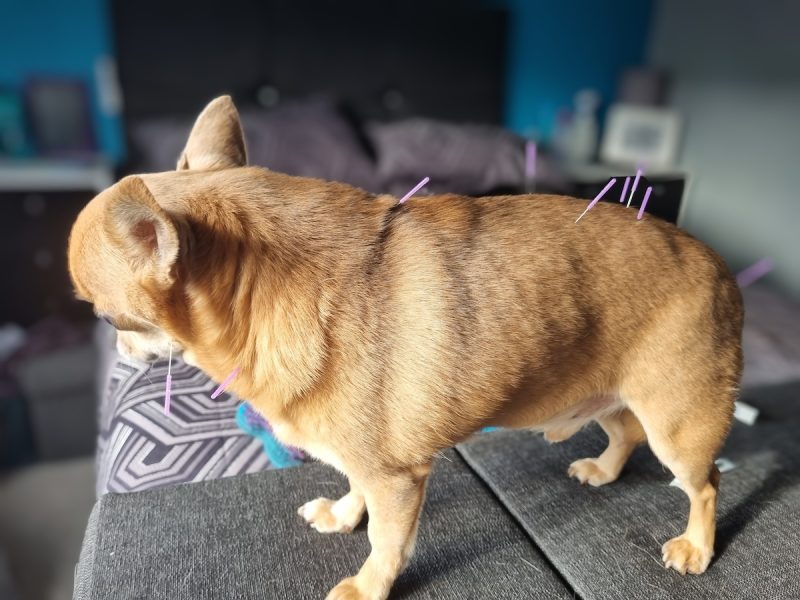
Never Stop Learning
If there is one thing that I have learned in the past few years of my veterinary career, it is that when we think we know it all, we deprive ourselves – and our patients – of the opportunities and benefits of exploring different options. There is rarely one single solution to a veterinary problem, so it’s worth being open to new ideas. I don’t want to give the impression that everything we are taught is tainted by corporate sponsorship; that simply isn’t the case. But I do encourage fellow vets and pet owners to check for bias before excluding new ideas and taking anything for granted.

- Read her previous article: Sometimes I Scruff: Thoughts On a Controversial But Practical Technique
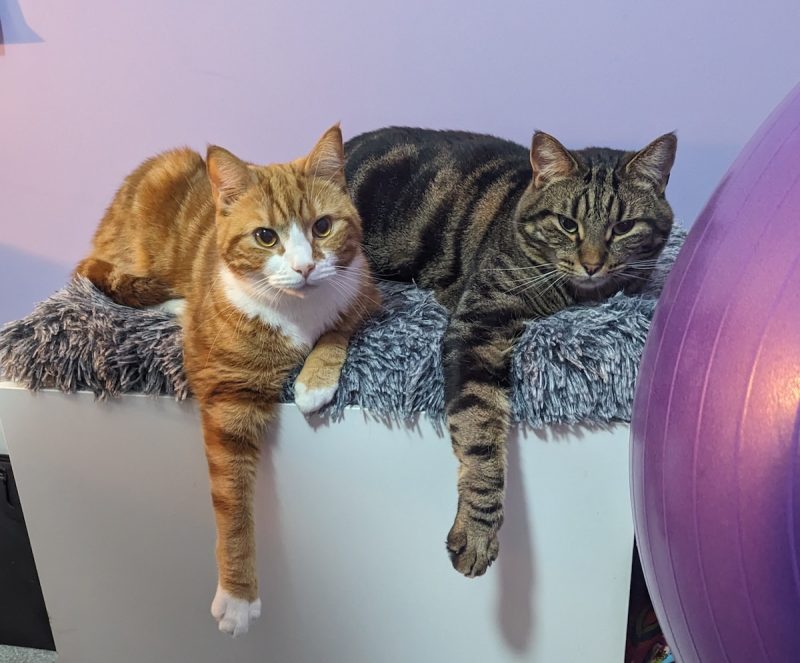

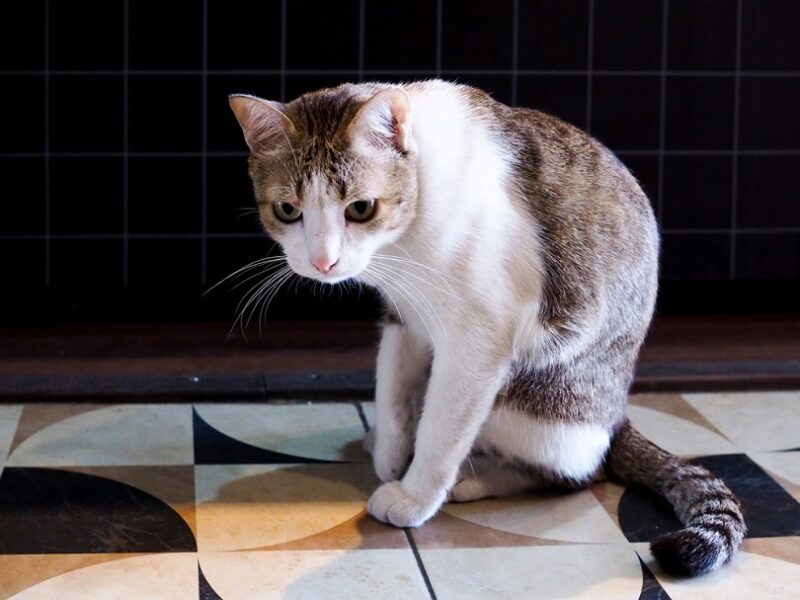
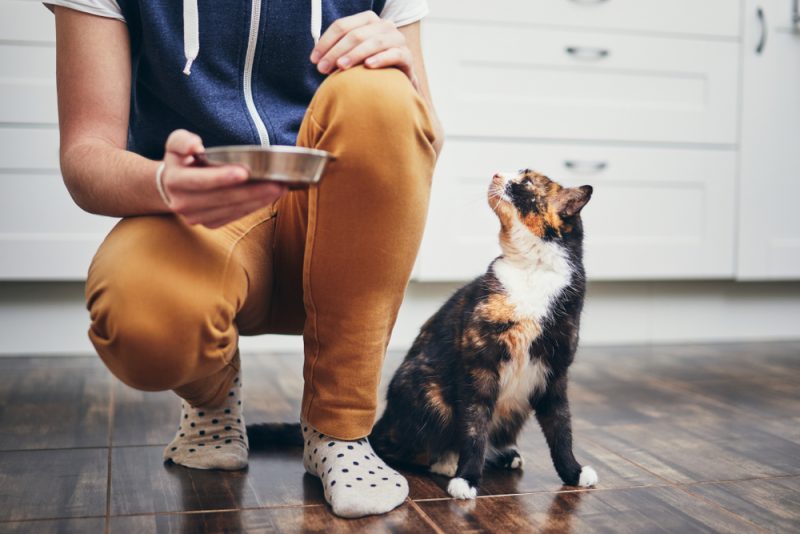
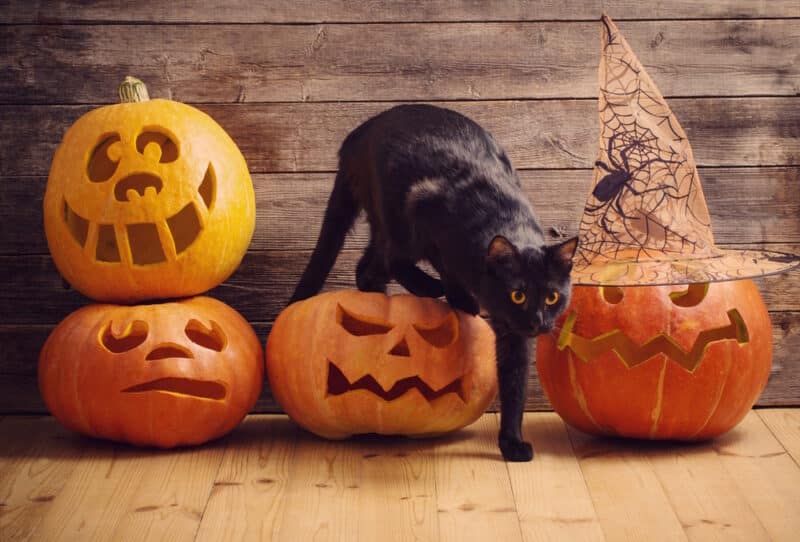
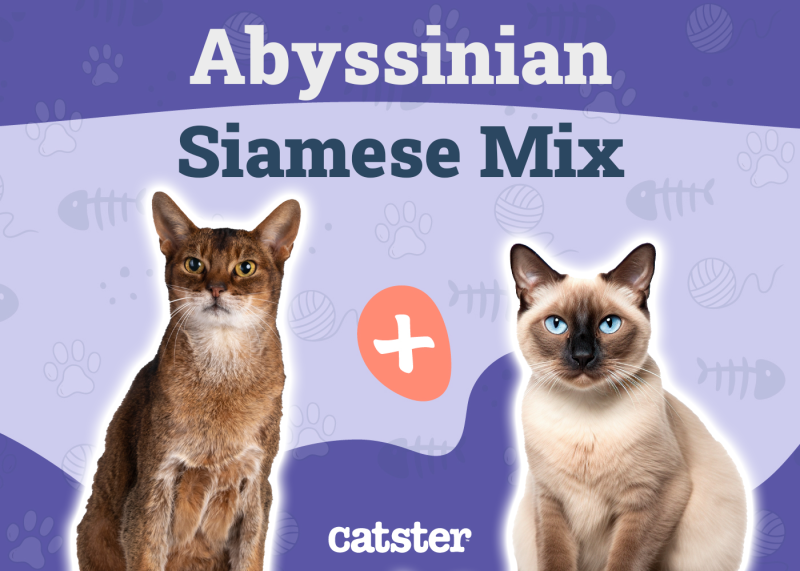
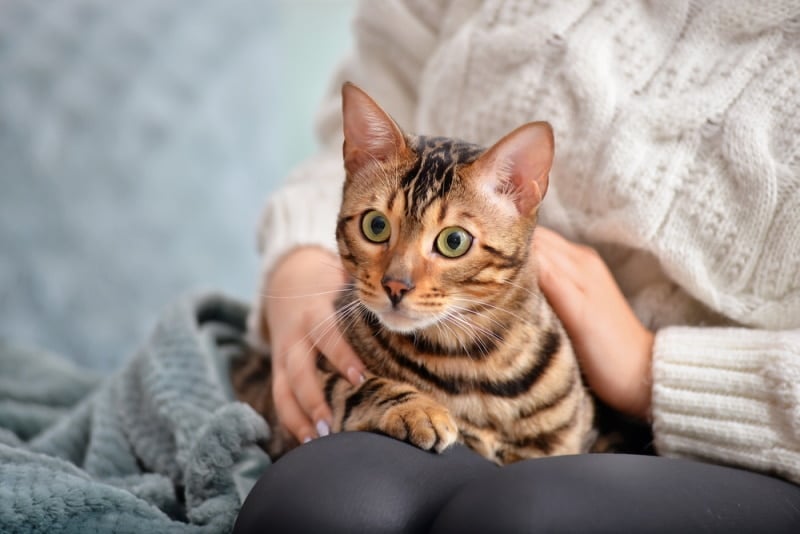
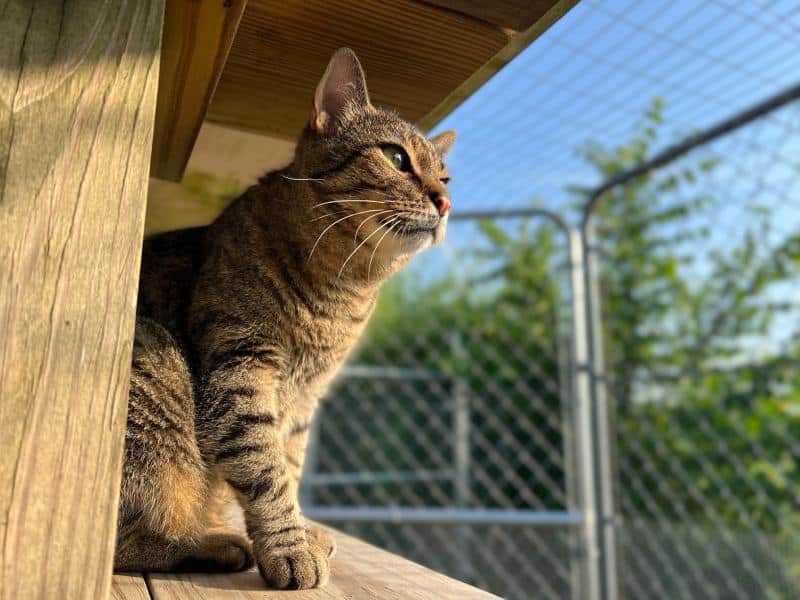
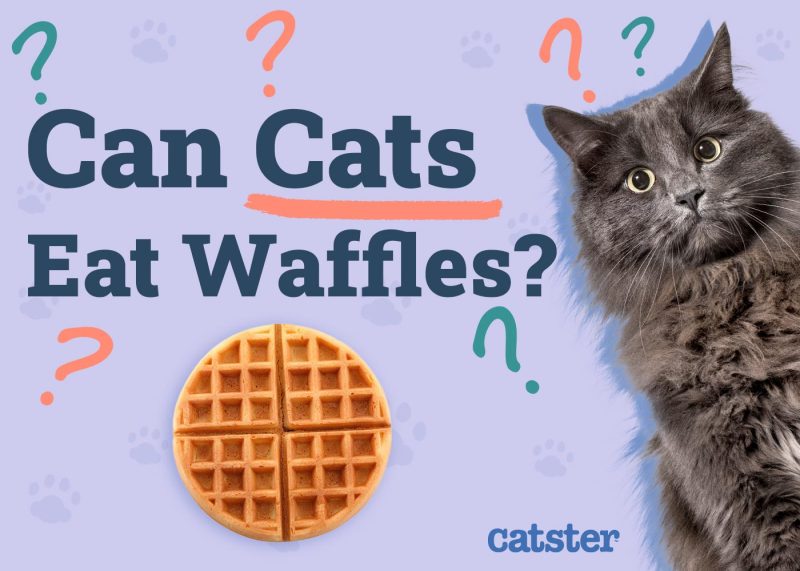
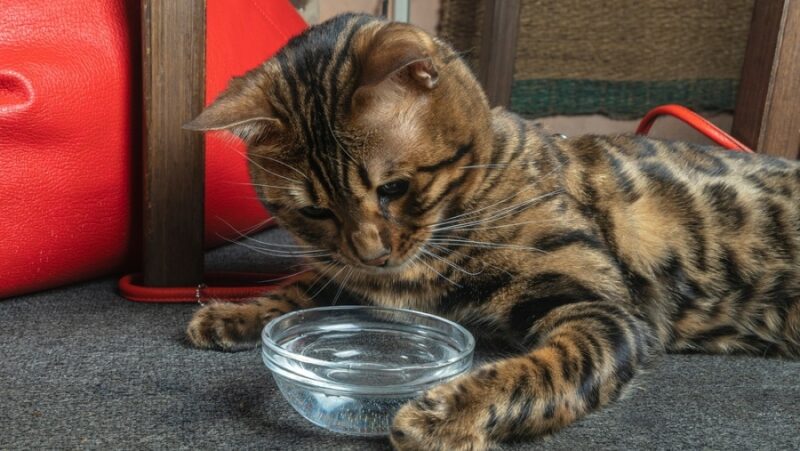
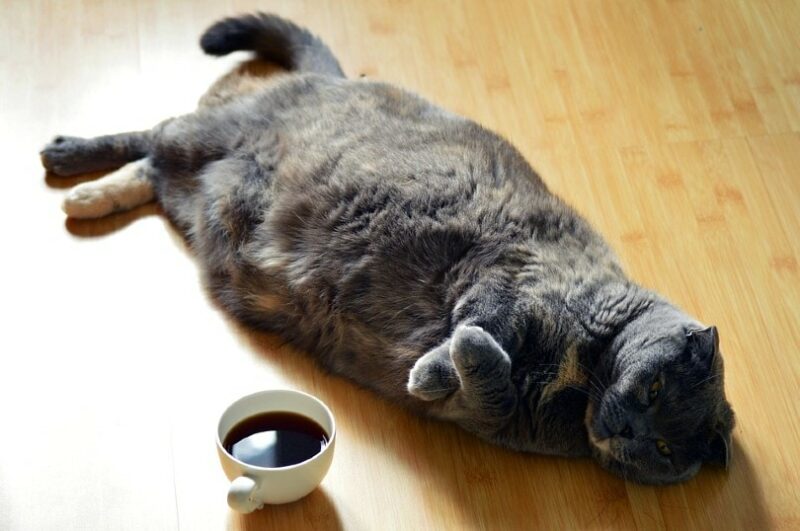
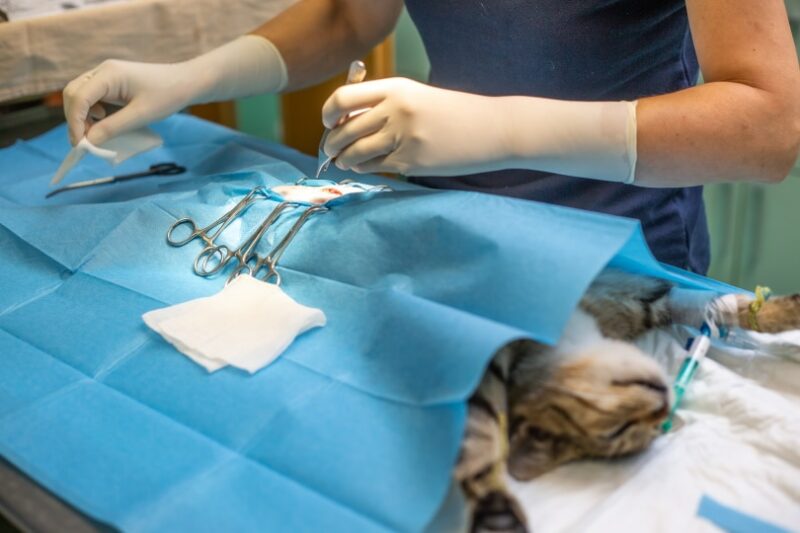
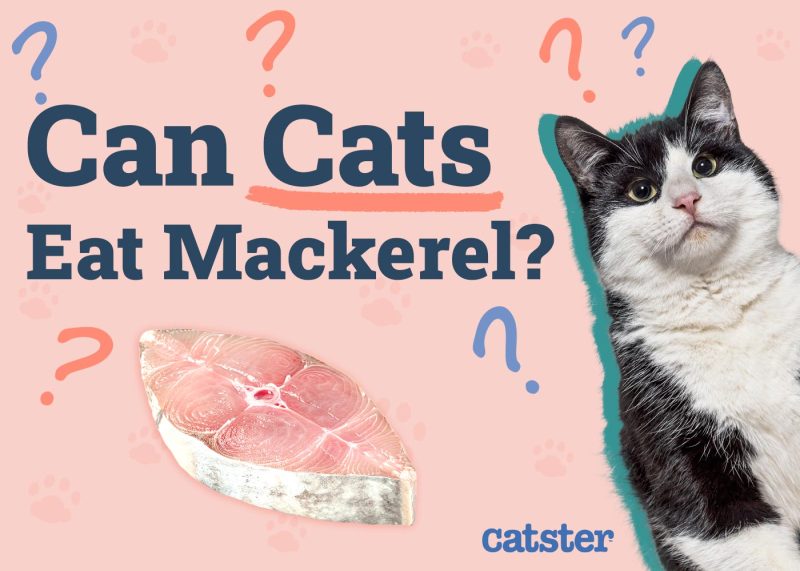
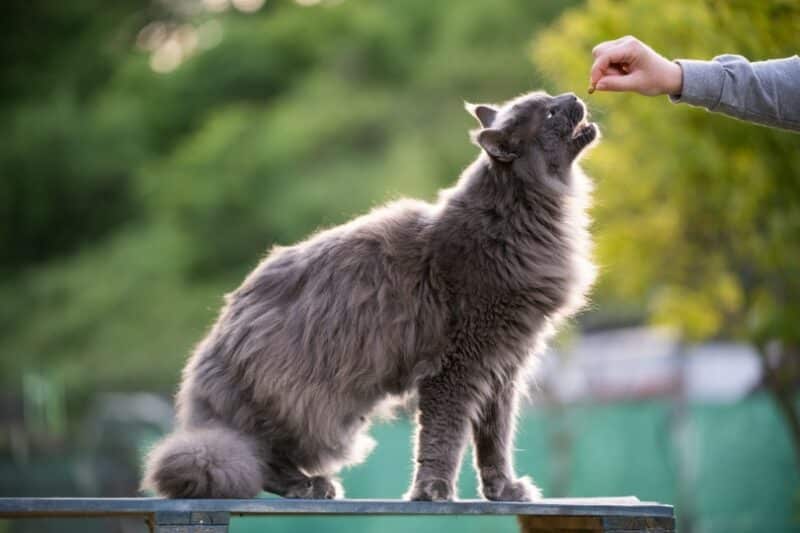
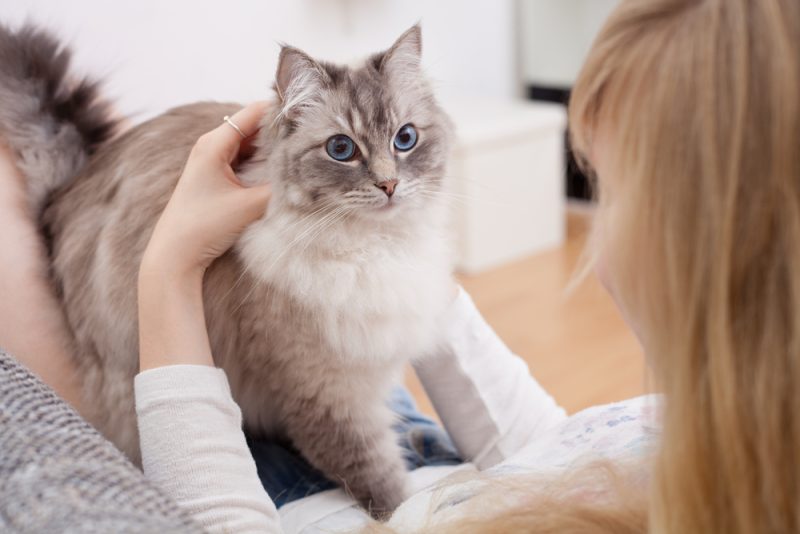
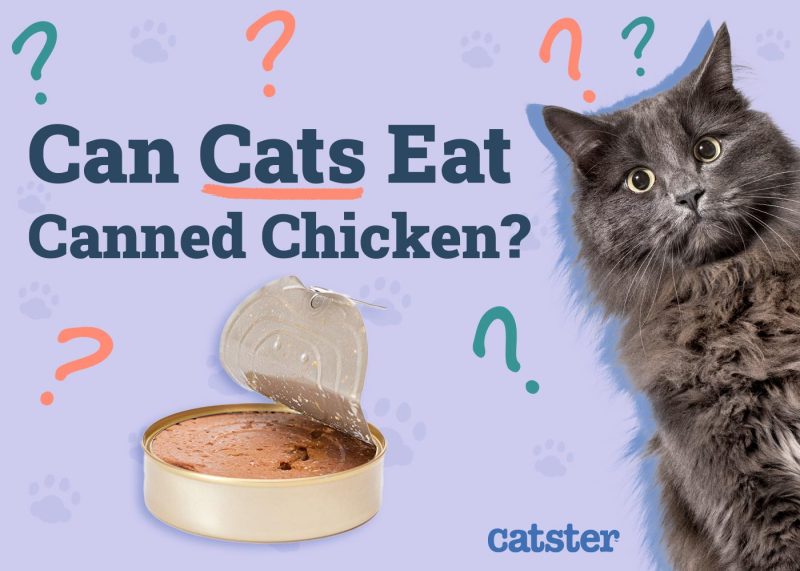
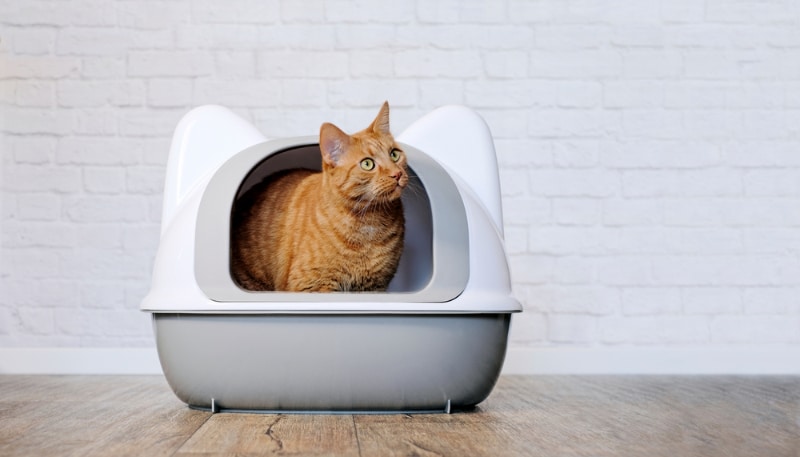
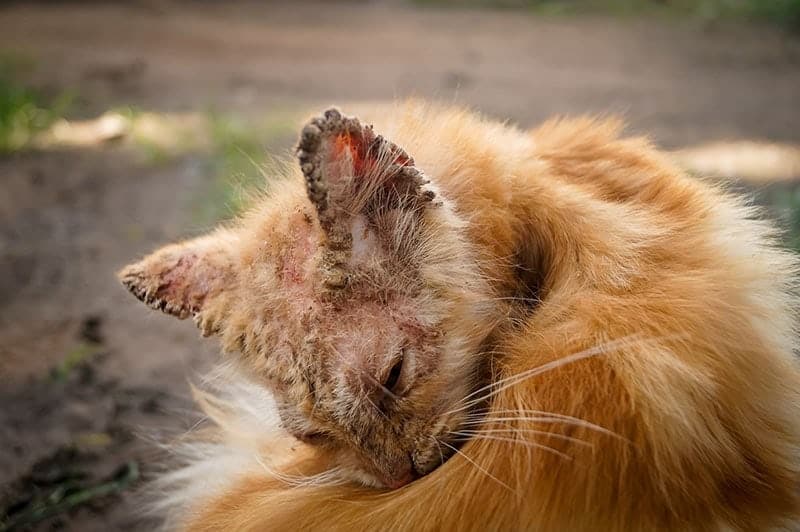

2 Responses
What a fascinating and honest reflection on veterinary practice! Dr. Karyn’s journey from feeling overwhelmed as a new vet to becoming more critical of industry influence is so relatable. I love how she emphasizes the importance of ongoing learning and exploring holistic approaches alongside modern medicine. Her insights on pet nutrition and alternative treatments are especially thought-provoking. Thanks for sharing such valuable wisdom with pet owners and fellow vets! ????
Hello,
thank you so much for your feedback, we truly appreciate it and we are happy you found this article by Dr. Karyn valuable.